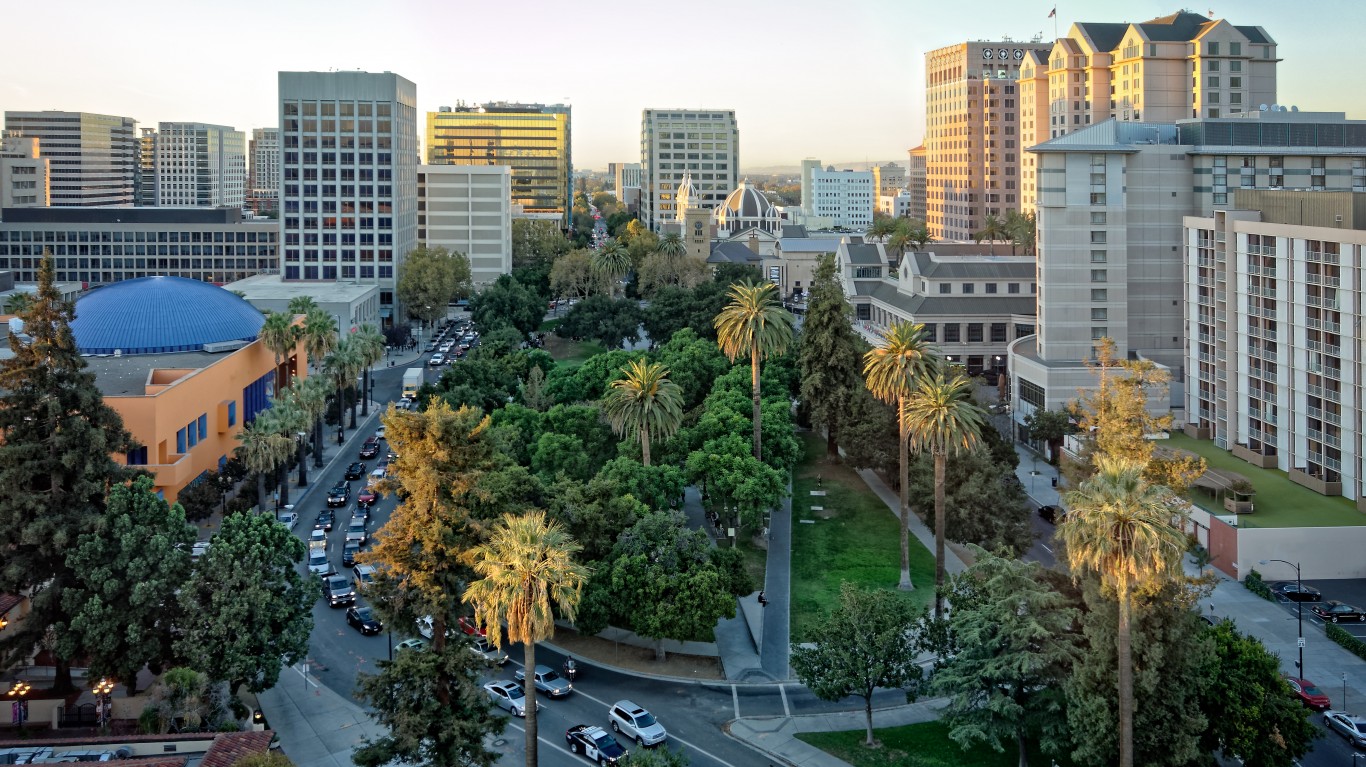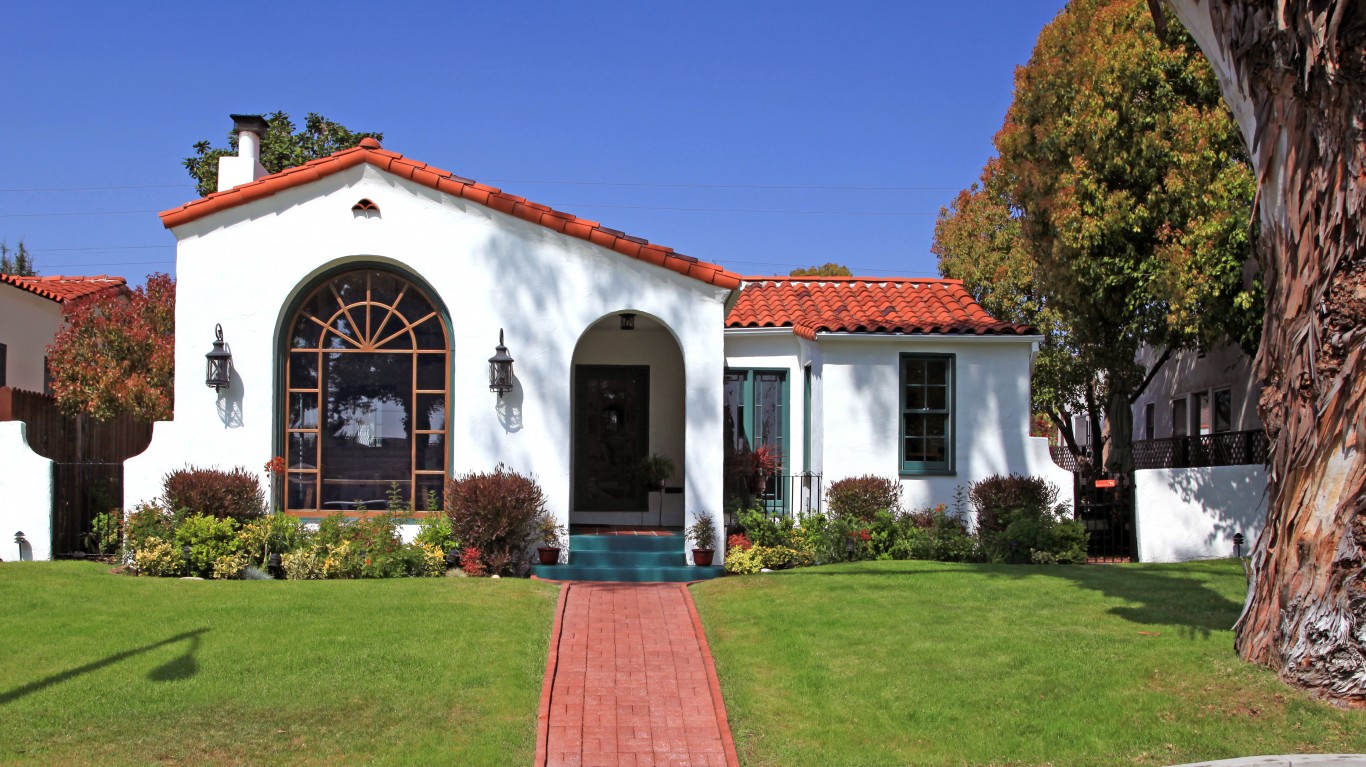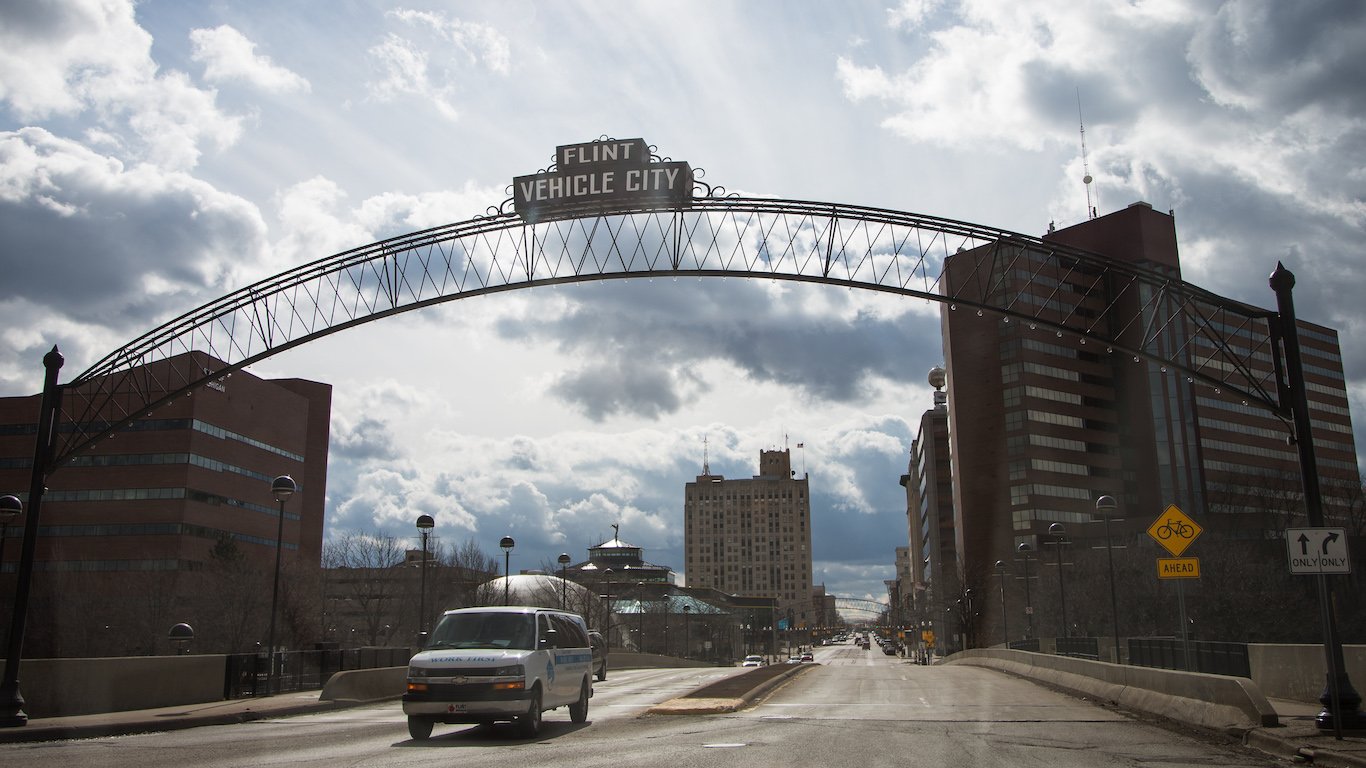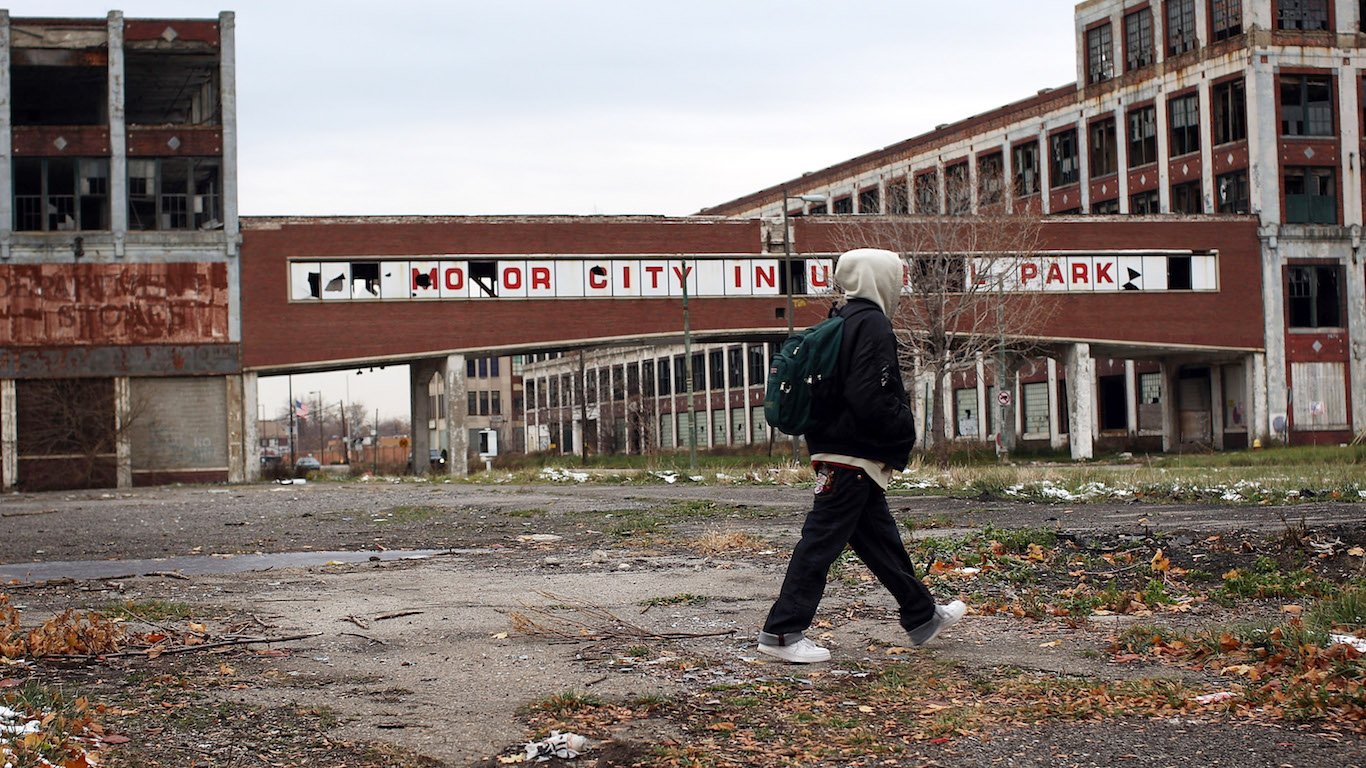

Residential real estate prices have risen at an astonishing pace. The median value of a home in 2021 rose to $350,000, up almost 15% from 2020. And data from the first part of this year supports the forecast that 2022 could be another year of sharp home price jumps. Home prices in some places are two to three times, or more, the national median. In fact, New York and San Francisco are the American cities with the most million-dollar housing markets.
Home price increases have been driven by several factors. One is low mortgage rates, which have started to rise again. Another is a migration from America’s expensive coastal cities, such as New York and San Francisco, to less expensive cities and towns inland, though this has driven up prices in these cities as well. The migration was partly the result of the COVID-19 pandemic, which allowed millions of Americans to work from home, an option some companies have said could become permanent.
One of the byproducts of home price increases nationwide is that many more housing markets now have a median home value of $1 million or more. According to a new Zillow report titled “146 New U.S. Cities Gained Million-Dollar Status in 2021, the Most Ever in a Single Year,” the addition of the record 146 new million-dollar markets brings “the total to 481 cities nationwide in which the typical home value is at least $1 million.”
24/7 Wall St. reviewed the report to find the metro areas with the most cities in which the median value of a home is $1 million or more. A city in the report is measured as part of a larger metro area. So, in Los Angeles, for example, there are 57 million-dollar cities. (Some of these houses are now overpriced, according to some analyses. This is the most overpriced housing market in America.)
Two metros are tied for the most million-dollar cities. Both New York and San Francisco have 76 cities where the median value of homes is at least $1 million. Based on a large number of expensive homes in the city centers and expensive towns close by, this should not come as any surprise. (Find out if New York and San Francisco are among the 20 cities where the middle class can no longer afford housing.)
These are the 10 metros with the most million-dollar cities

10. Santa Maria-Santa Barbara
> Million-dollar markets: 9
[in-text-ad]

9. Santa Rosa
> Million-dollar markets: 9

8. Washington
> Million-dollar markets: 11

7. Miami
> Million-dollar markets: 14
[in-text-ad-2]

6. Seattle
> Million-dollar markets: 16

5. Boston
> Million-dollar markets: 18
[in-text-ad]

4. San Jose
> Million-dollar markets: 22

3. Los Angeles
> Million-dollar markets: 57

2. New York
> Million-dollar markets: 76
[in-text-ad-2]

1. San Francisco
> Million-dollar markets: 76
Essential Tips for Investing: Sponsored
A financial advisor can help you understand the advantages and disadvantages of investment properties. Finding a qualified financial advisor doesn’t have to be hard. SmartAsset’s free tool matches you with up to three financial advisors who serve your area, and you can interview your advisor matches at no cost to decide which one is right for you. If you’re ready to find an advisor who can help you achieve your financial goals, get started now.
Investing in real estate can diversify your portfolio. But expanding your horizons may add additional costs. If you’re an investor looking to minimize expenses, consider checking out online brokerages. They often offer low investment fees, helping you maximize your profit.
Thank you for reading! Have some feedback for us?
Contact the 24/7 Wall St. editorial team.
 24/7 Wall St.
24/7 Wall St.


